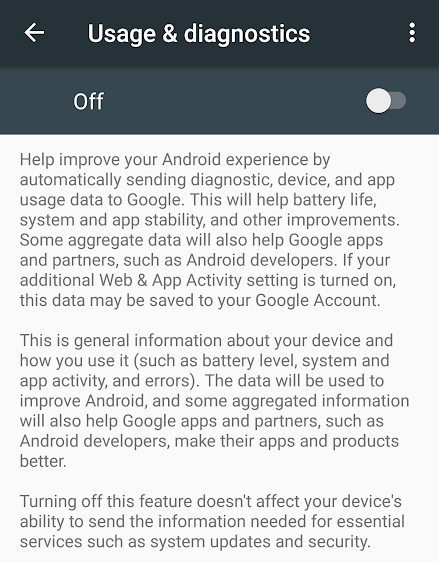Google deploys various ways to track its users. And this time, it's ending one of them.
Here, the tech giant said that it is shutting down its Mobile Network Insights service on Android, which was essentially a map of signal strengths and connection speeds, provided for free to carriers and vendors to help them manage operations.
The service that was first launched back in 2017, was meant to identify weak spots in their network coverage.
And Google is shutting it down over challenges of ensuring data quality and connectivity upgrades among carriers being slow to materialize, as well as fears that "sharing data from users of its Android phone system might attract the scrutiny of users and regulators."
While the data provided by this Mobile Network Insights was anonymized and aggregated, Google pulled the plug citing data privacy concerns.
Related: The Many Ways Google Tracks You. Knowing How Invasive It Is Can Help You Protect Your Privacy
Data-sharing arrangements between tech companies became common as the use of smartphones and apps exploded, but what data is collected and how it is shared is not always clear to end users.
In this example, Google's Mobile Network Insights, the service was turned on by default, or as long as users of Android phones had agreed to share their "location history and usage and diagnostics with Google."
But still, Google never explicitly specified about its data sharing.
Google’s data policy only said that Android users must agree that Google may collect and share network connection quality information. The lack of clear information can constitute to a violation of consumer trust.
As governments and regulators are putting tech companies under the spotlight for their data collection and sharing practices, followed by a consequence of a string of privacy missteps and data scandals, Google has long been one of the accused.
Furthermore, the GDPR regulation which mandates companies to seek users' consent before processing their data, means that Google is under heavy scrutiny for its business practice, essentially putting the company in a bad position.

Google spokeswoman Victoria Keough confirmed the move, adding that:
Here, Google is showing yet another example of an internet company opting to end a data-sharing service rather than risk a breach or further scrutiny from regulators.
This move should be considered a step to the right direction.
End users deserve a platform that takes privacy seriously, and the move shows that Google, deep inside it, is still valueing transparency and trust.
The withdrawal of the service, which has not been previously reported, should also disappoint wireless carriers that used the data as part of their decision-making process on where to extend or upgrade their coverage.
Further reading: The Many Ways Your Smartphone And Apps Can Track You, And How To Control Them